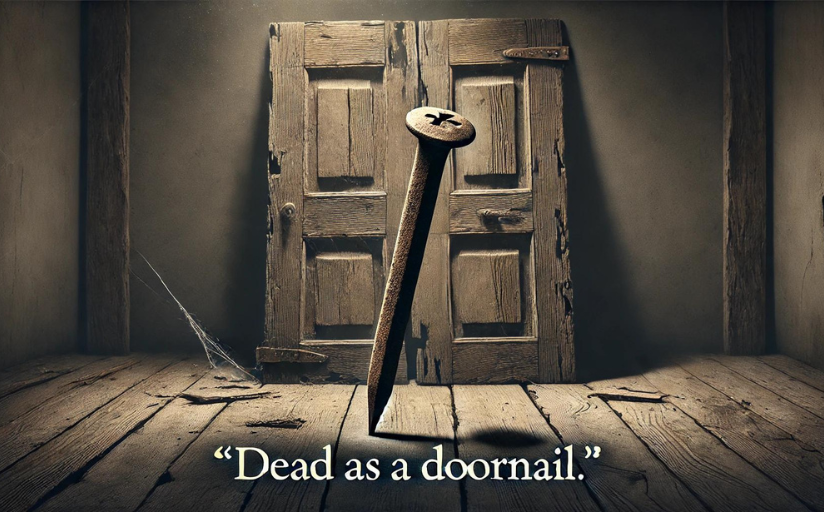I began cutting common clichés, a type of figure of speech, from my writing after spending several years teaching English to refugees. A cliché that’s understood in one part of the world may cause confusion in another.
Clichés are so overused that people can rattle them off without thinking, and some may even be offensive. Let’s look at several common clichés to avoid in writing and learn some alternatives.
Examples of Common Clichés in Writing
While this isn’t a comprehensive list of clichés to avoid in writing, these are some of the most common:

Black As Night
Simply saying something is as black as night robs your writing of creative potential. Whether you’re writing a well-researched SEO piece about recyclable shopping bags or a detailed travel blog about how you went stargazing in Colorado, consider that the night probably isn’t the blackest thing you can imagine.
That’s because there are so many levels of nighttime, ranging from dusk to a deep, encompassing darkness that happens long after the sun goes down.
One way you can avoid this common cliché is by simply shortening your sentence. For instance, you could just say that something’s black, without elaborating.
Fit As a Fiddle
Although I love to use music to create examples for my audience, “fit as a fiddle” is one of those common clichés that never made sense. I’ve never thought of a fiddle as something that could describe health.
When trying to describe someone’s fitness, I prefer to discuss characteristics that lead the reader to make their own conclusions. For example: “She ran speedily across the track with fluid motions, while breathing evenly.”
Fall Head Over Heels
Commonly used to describe someone who’s madly in love, “head over heels” is one of those common clichés to avoid in writing that’s so overused it causes people to groan inwardly when reading it. Love is such a complex, rich emotion, and it’s foolish to describe it in such a tired way.
Rather than using this dull cliché, I try to capture the effects of love through my words. I might say, “Even when he was engaged in a favorite activity, his mind kept stubbornly fixating on the anticipation of his upcoming date.” Doing this allows me to write engaging content.
Waiting an Eternity
People often rely on the cliché “waiting an eternity” to convey how they waited so long for something that it was as if their lives were only focused on that event.
This cliché was one that perplexed my ESL students, especially once I explained that “eternity” meant “forever.” Taken literally, a person cannot wait forever for something to happen, although it may feel they are.
What Goes Around Comes Around
“What goes around comes around” causes me to grit my teeth in frustration. Through activism and volunteer work, I’ve seen countless examples of people who’ve treated others with great compassion, without receiving the same treatment. It would be nice if the people who put good into the world got the same from others, but things aren’t that simple.
I always avoid this cliché in my writing so I don’t seem insensitive by using it.

Potentially Offensive Clichés
Speaking of insensitivity, I mentioned earlier that some common clichés may offend people. That’s especially true if they’ve been through certain life experiences or are especially sensitive. Let’s explore a few possibly offensive clichés:
| Offensive Cliché | Reason Why It’s Not Ideal |
| Plenty of fish in the sea | This implies that good relationships are as plentiful as the number of fish in the sea, and it fails to recognize that people usually place great value in relationships and don’t see them as easily replaceable. |
| Old as the hills | Often used to describe people, this common cliché looks unfavorably at the elderly and makes aging out to be something wholly undesirable. |
| Time heals all wounds | People often say this cliché at funerals, which isn’t appropriate. Time does make some wounds better, but it may never completely heal them. |
| Frightened to death | Some people do die when they become frightened, especially by suffering heart attacks. This cliché could offend someone who’s lost a loved one from a heart attack. |
| Dead as a doornail | Doornails are arguably one of the world’s most boring items. Why relate one to the life of a person or animal that has passed away? |
Avoid Common Clichés in Writing
Now that we’ve gone over numerous common clichés to avoid in writing, I’m confident you’ll be able to cut them out of your work just like I have. Can you think of some other clichés that cause you to roll your eyes whenever you hear them? Let us know in the comments below!


Leave a Reply